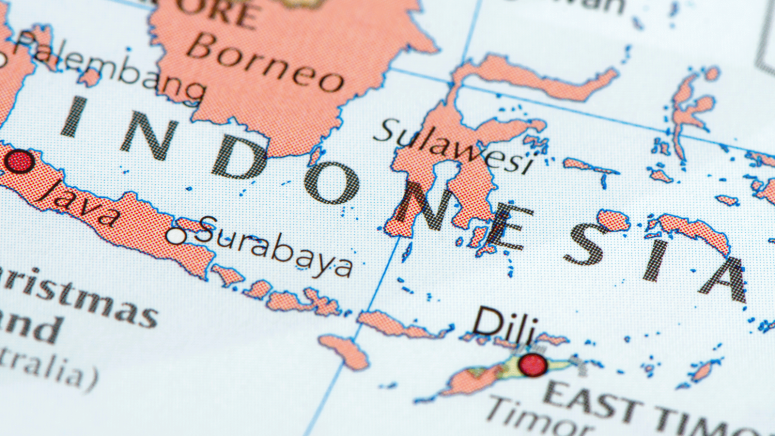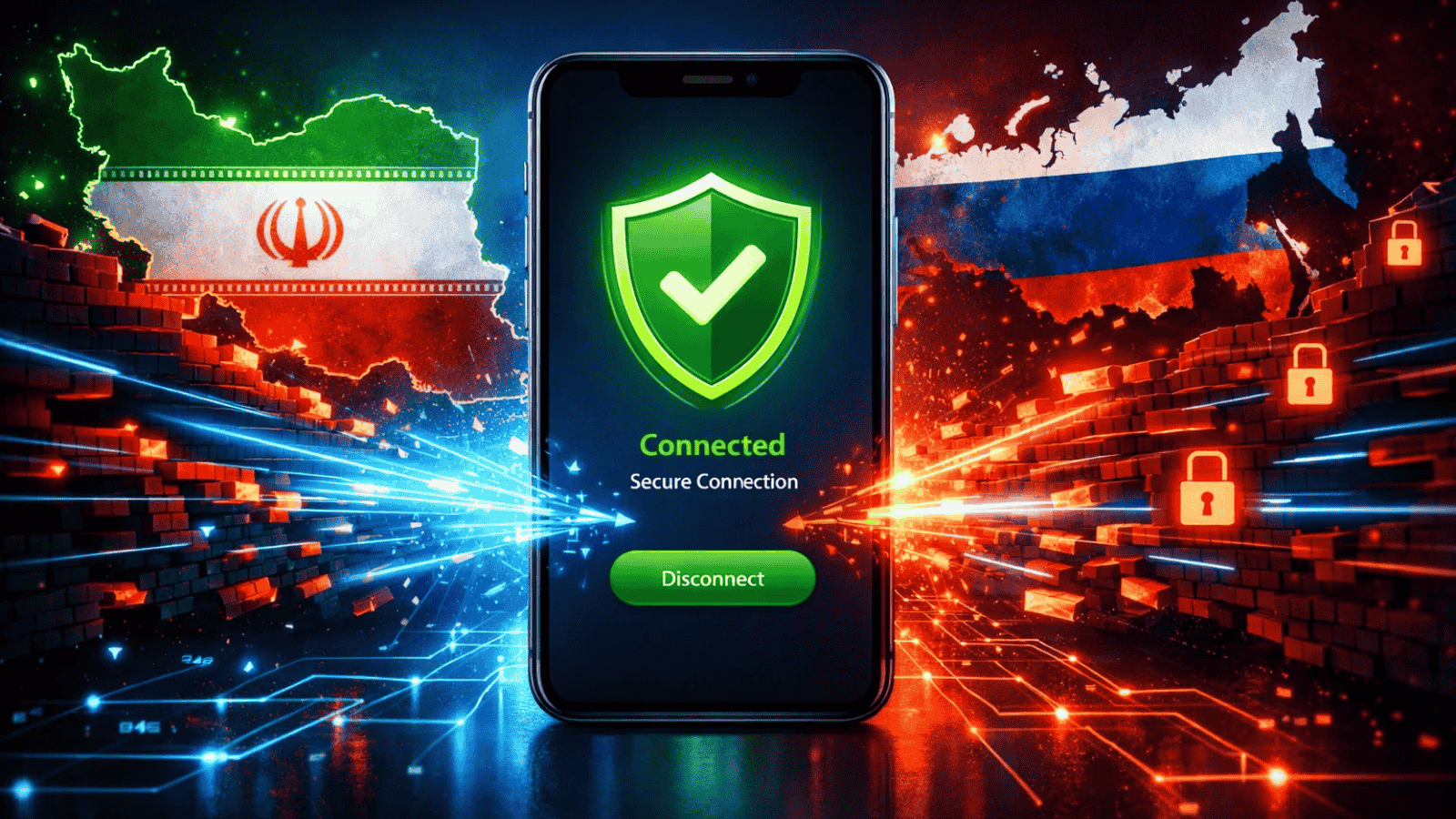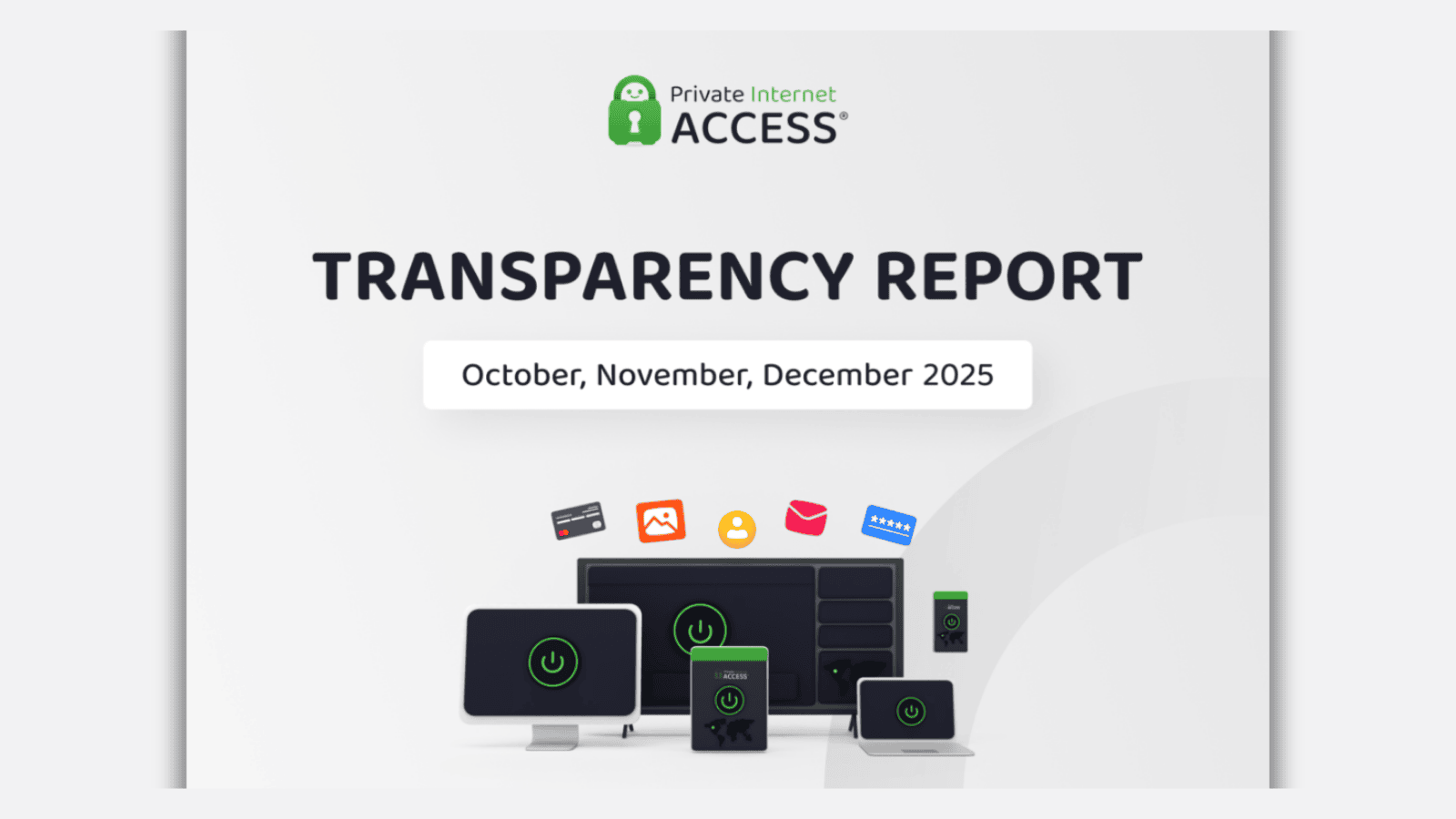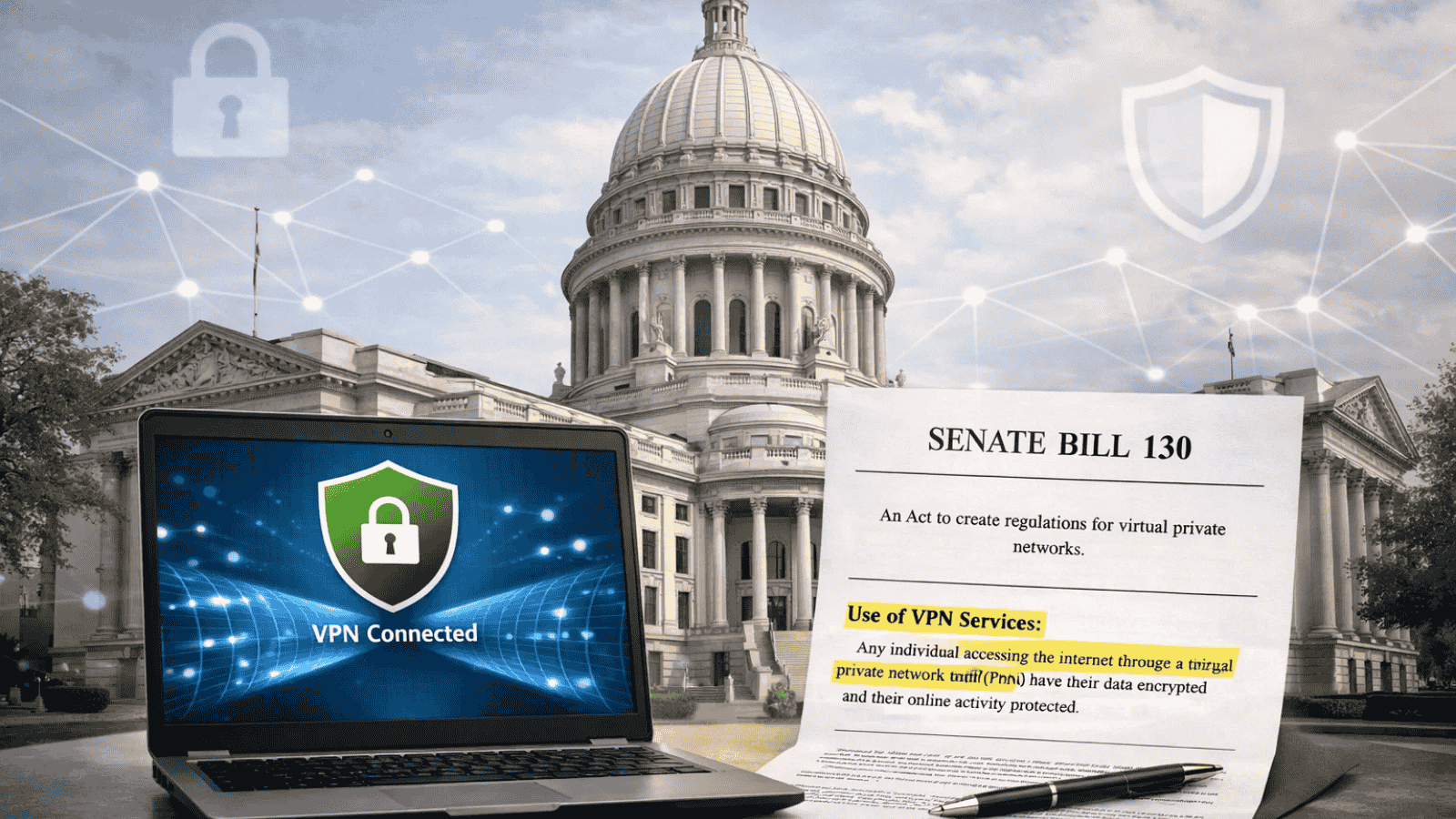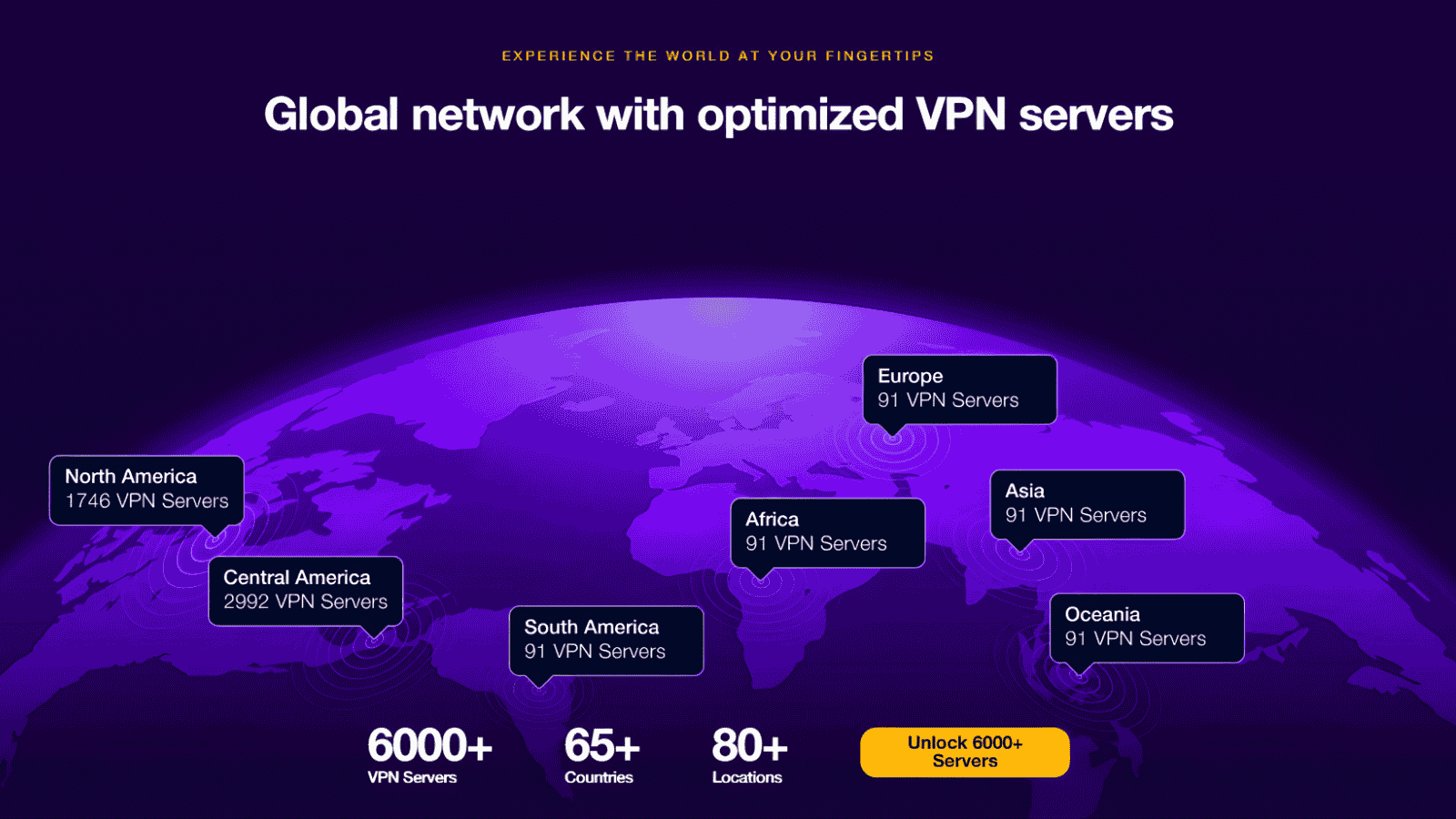
Indonesian Government Prepares VPN Regulations to Tackle Online Gambling
- Indonesian Government Strategy: Strengthen site-blocking technology and draft VPN regulations to combat rising online gambling.
- Blocking Challenges: 5,000–9,000 gambling sites blocked weekly, but new ones quickly reappear.
- Expert Warning: VPN use risks vulnerable groups, with many gamblers earning below Rp 5 million.
The Indonesian government is moving forward with new measures to combat online gambling, locally known as judol. The Coordinating Ministry for Political, Legal, and Security Affairs (Kemenko Polkam) has outlined two key strategies: improving technology to block illegal content and drafting regulations on the use of Virtual Private Networks (VPNs).
Online Gambling a Key Government Focus
Assistant Deputy for Coordination of Data Protection and Electronic Transactions, Syaiful Garyadi, said that tackling online gambling has become one of the ministry’s main focuses. Weekly evaluation reports are being sent directly to Coordinating Minister for Political, Legal, and Security Affairs, Gen. Pol (Ret.) Budi Gunawan.
"We invite experts to provide input and recommendations to the ministry," Syaiful stated in an official press release on Monday.
Currently, the Ministry of Communication and Digital (Komdigi) is leading the blocking of gambling websites. According to government data, between 5,000 and 9,000 illegal sites are blocked each week. However, many new websites continue to appear, creating a “cat-and-mouse” situation.
Spotlight on VPN Use
Alongside site blocking, the government is now turning its attention to VPNs, which are often used to bypass restrictions and access gambling or pornographic content. At present, Indonesia has no specific rules governing VPN usage.
"We are targeting two outcomes: effective blocking technology and VPN regulation," Syaiful added.
Expert Concerns on Risks
Legal and technology experts have expressed concern over the risks associated with VPN use. Professor of Technology Law at Padjadjaran University, Prof. Sinta Dewi Rosadi, noted that while most people use VPNs for entertainment and social media, around 30 percent use them to access restricted content.
She warned that online gambling poses a serious threat to vulnerable groups.
"Data shows that online gamblers generally earn less than Rp 5 million, and it’s even possible that children are involved. Protecting this group must be seriously considered," Prof. Sinta explained.
With the rise of online gambling and the increasing use of VPN, the Indonesia government’s upcoming regulations are expected to play a significant role in shaping digital safety policies in Indonesia.

